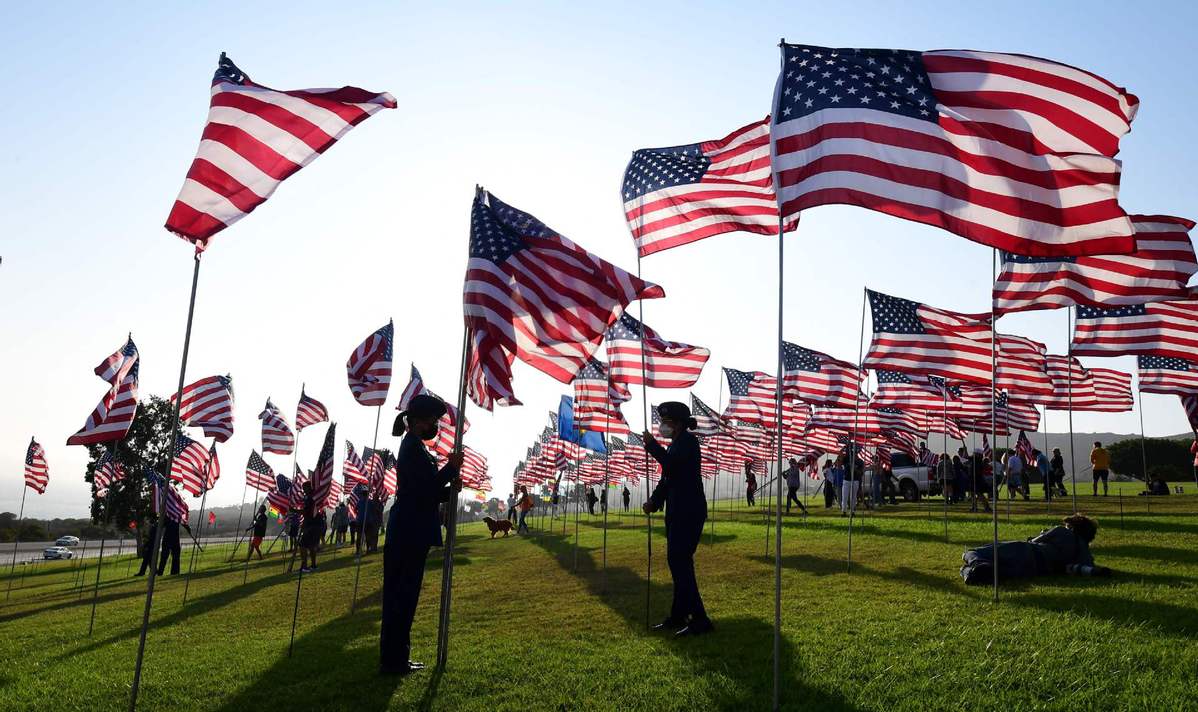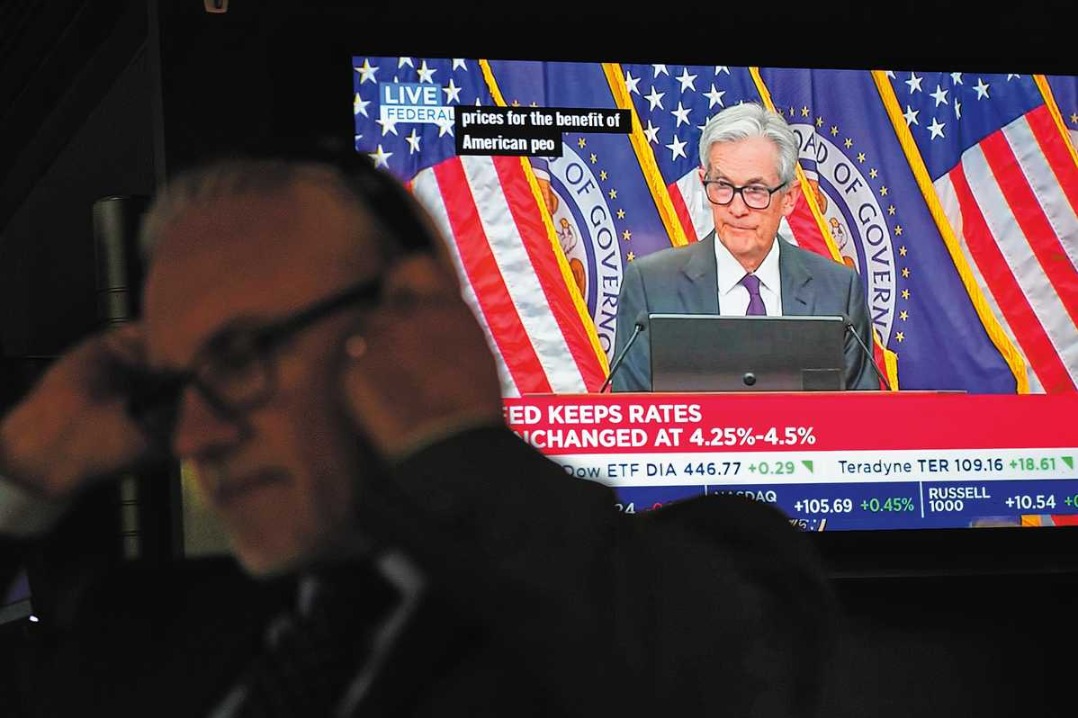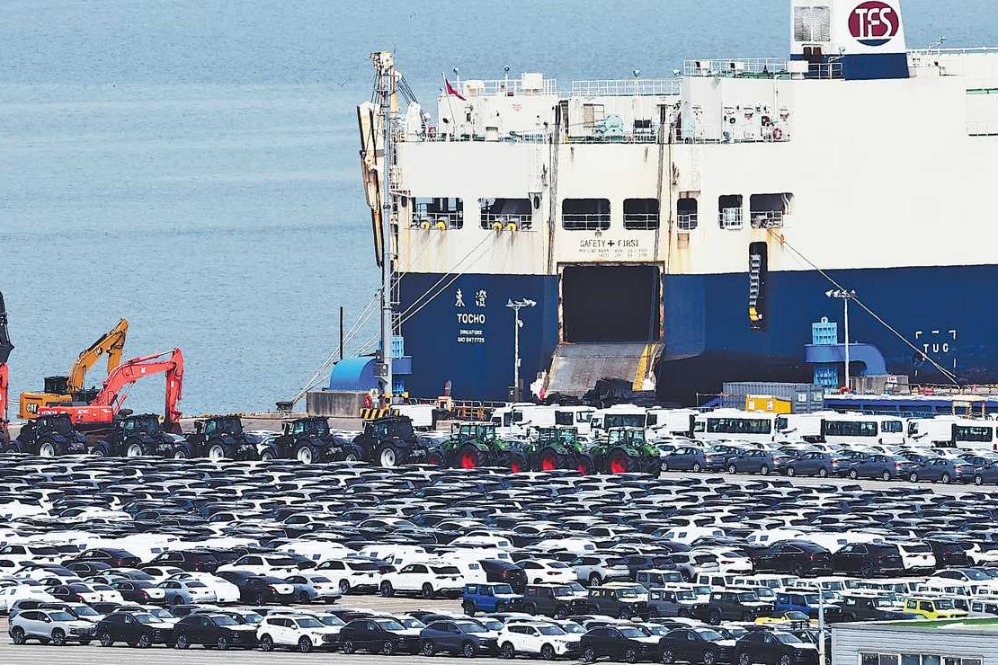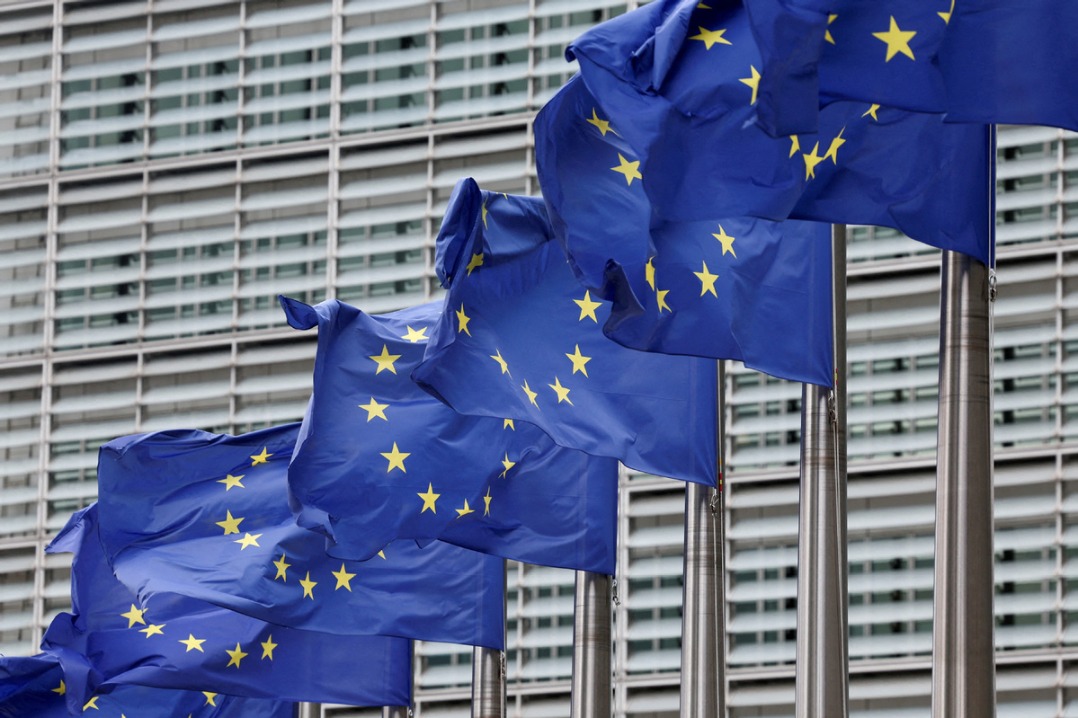America much poorer off 'reputationally and fiscally' after 20-year war on terror, US expert says


WASHINGTON - The world order is "no better off" and the United States is "certainly much poorer off -- reputationally and fiscally" 20 years after it initiated post-9/11 wars on terror, an expert has said.
"I would submit that the past 20 years, and more broadly the years since the end of the Cold War, will rank as being among the most disastrous eras in the history of US foreign policy," said Sourabh Gupta, a senior fellow at the Institute for China-America Studies, told Xinhua in a recent interview.
After the Cold War, the United States "could have chosen global leadership by consensus," Gupta said. However, it chose to "impose on the world an America-dictated vision of order."
Gupta said America had the world's sympathy and support after it was attacked. "Yet, the US pressed ahead into Afghanistan with its 'my way or the highway' style and has now departed Afghanistan again in its 'my way or the highway' style."
Along the way during these 20 years, other endless "wars of choice" were also initiated by the United States, "many of them illegal under international law, and which have rained death and destruction on hundreds of thousands of human beings in Southwest Asia, Middle East and the Arab world," he said.
With over 47,000 Afghan civilian deaths, 10,000 plus US military casualties, and more than 2 trillion US dollars in war-related costs, "the world order is no better off and America certainly much poorer off -- reputationally and fiscally," he said, adding that the vision of a partnership of nations united by principles and norms under the multilateral umbrella of the United Nations, "has remained stillborn."
The expert noted "two fundamental lessons" need to be drawn from the last two decades for better global governance.
First, "the age when America's shoulders were broad enough to carry the world economy and maintain global order single-handedly is decisively over," Gupta said.
"This requires all parties to rededicate themselves once again to a UN-centered global system," with more responsibility on major countries to make cooperation a success, he explained.
Second, global challenges like climate change and the pandemic require global solutions, and that "at a time of flux in the international system, it is difficult to muster this cooperation -- given disagreements about the distribution of benefits and burdens," he said.
"Yet, lacking this cooperation, all parties will decidedly be far worse off," he said. "And hence the systemic order must find ways to avoid the 'Kindleburger Trap' and instead ensure that the major incumbent powers and the major emerging powers, in concert and individually, provide their fair share of global public goods," he added.
































